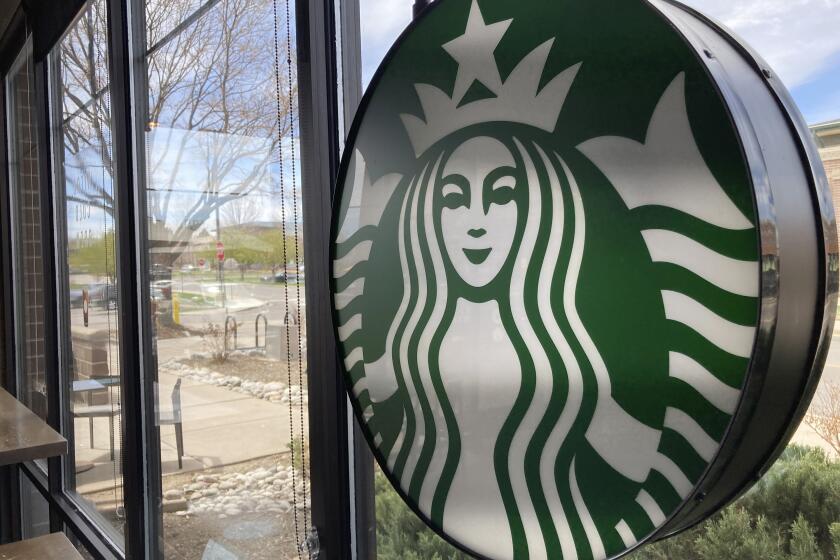Apple to boost retail and corporate pay in face of inflation

Apple is raising salaries for retail workers in the U.S. by 10% or more and upping its global companywide compensation budget as it faces a tight labor market and unionization efforts.
The company is increasing hourly pay for retail staff to at least $22, up from a previous $20 minimum, the company told employees Wednesday. The move follows a pay bump in February after inflation grew more severe and some staffers complained about working conditions during the COVID-19 pandemic.
Apple said the change for hourly workers ârepresents a 45% increase in starting rates since 2018, and reflects our deep gratitude for the extraordinary work of our valued team members.â The company also told both retail and some corporate teams that the increases would go into effect in July, about three months sooner than Apple typically issues annual raises.
Keeping workers happy has grown more difficult at a time of inflation, a resurgent pandemic and competition from other tech companies, which are eager to lure away Appleâs talent. The Cupertino, Calif., company also has irked some employees by demanding that they return to the office three days a week, though it recently put that requirement on hold.
Employers in California and the U.S. are scrambling to fill jobs as the dust from the pandemic begins to settle. Just donât call it a labor shortage.
In its retail division, Apple is contending with unionization efforts in many states. The companyâs retail chief, Deirdre OâBrien, recently warned employees about taking such a step.
âWe have a relationship that is based on an open and collaborative and direct engagement,â she said in a video to staff. âI worry about what it would mean to put another organization in the middle of our relationship.â
Companies often announce improvements while battling unionization campaigns, but doing so may interfere with employeesâ free choice, Seattle University labor law professor Charlotte Garden said.
âThe risk is that workers perceive that keeping the improvements is contingent on voting against union representation, and that if they vote for the union, the company will play hardball,â Garden said in an email.
In the corporate world, Apple is facing angst from some employees over falling share prices. Competitors such as Microsoft Corp. and Meta Platforms Inc., meanwhile, are trying to poach workers with strong compensation packages.
Votes tallied Tuesday at two Starbucks stores in Santa Cruz brought a growing union movement at the coffee giant to California.
Companies are suffering a shortage of talent after many employees chose flexible options or left the workforce during the pandemic. Rivals including Microsoft are spending more aggressively to stay competitive. The company has plans to nearly double its budget for salary increases this year in an effort to retain employees.
Appleâs corporate compensation packages are typically a combination of base pay, cash bonuses and stock. The companyâs shares have fallen about 20% this year, reducing what workers can expect to make. Apple also gives some equity to retail employees, but those packages are relatively small, typically ranging from $1,000 to $2,500 in shares annually.
Inflation is playing a role in driving up pay expectations as well, with U.S. consumer prices rising at an annual rate of 8.3% in April, according to government data released Wednesday.
Apple has about 170,000 employees, including retail workers, AppleCare technical support staff and the companyâs corporate workforce. Appleâs starting retail wage is comfortably above the nationwide minimum, which has been $7.25 since 2009. In California, companies with at least 26 employees are required to pay $15 an hour. New York City also has a $15 wage floor.
Increasing pay isnât Appleâs only recent move to improve working conditions. The company has expanded its vacation, sick leave and child-care perks for both full-time and part-time retail employees. The company has about 270 retail stores in the U.S.
Like other leading tech companies, Apple has so far operated without a formal worker organization; however, successful moves to unionize at a New York Amazon.com warehouse and Starbucks cafes across the country have given impetus to new campaigns.








